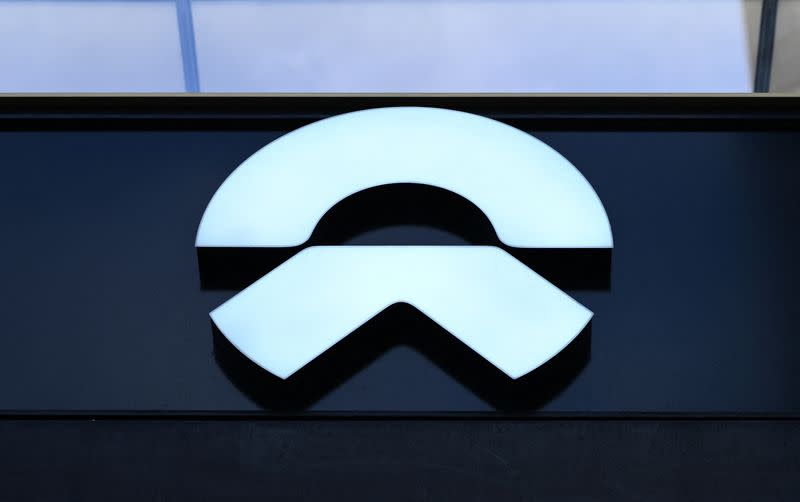China's Nio launches flagship EV to take on Maybach, Panamera

XIAN (Reuters) - Chinese electric car maker Nio on Saturday unveiled a flagship model featuring self-developed technologies including semiconductors, betting they would help prop up earnings, as a bruising price war and slowing car demand weigh on profitability.
The ET9 executive sedan, positioned in the same class as Mercedes Benz's Maybach and Porsche's Panamera series, is expected to start delivery in the first quarter of 2025 at an estimated price of 800,000 yuan ($112,178), Nio's founder and chief executive William Li said at the company’s "Nio Day" annual event.
The car will be equipped with Nio’s self-designed autonomous driving semiconductor, 900-voltage electric drive for fast charging and large cylindrical battery cells, Li said at the event in the northwestern Chinese city of Xian.
He also touted a chassis featuring a smooth suspension technology that Li said is "a generation ahead of Panamera's". U.S. startup ClearMotion, in which Li's venture capital firm Nio Capital is invested, will supply the technology.
Nio, which also announced plans to add 1,000 battery swapping stations and double its public chargers in 2024 in China, is betting on such technology and infrastructure to increase the appeal of its EVs to consumers and improve its profit margin in a consolidating market.
The company won $2.2 billion in new investment this month from Abu Dhabi-backed investment vehicle CYVN Holdings, one of the largest investments a Chinese EV company secured this year.
(Reporting by Zhang Yan, Brenda Goh, Editing by Miyoung Kim, Editing by Louise Heavens)

 Yahoo Finance
Yahoo Finance 